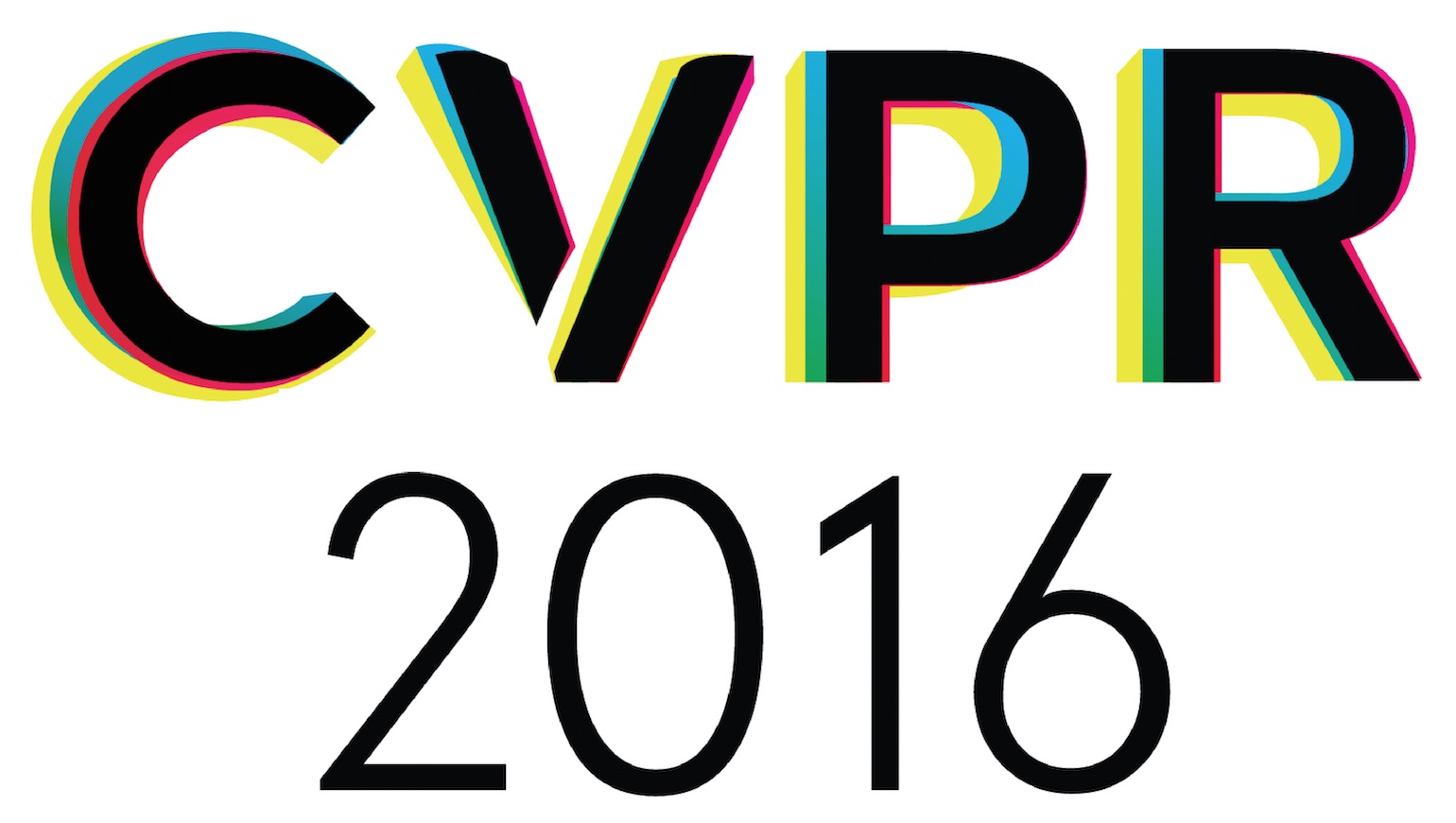-
RAID-G: Robust Estimation of Approximate Infinite Dimensional Gaussian With Application to Material Recognition
AbstractInfinite dimensional covariance descriptors can provide richer and more discriminative information than their low dimensional counterparts. In this paper, we propose a novel image descriptor, namely, robust approximate infinite dimensional Gaussian (RAID-G). The challenges of RAID-G mainly lie on two aspects: (1) description of infinite dimensional Gaussian is difficult due to its non-linear Riemannian geometric structure and the infinite dimensional setting, hence effective approximation is necessary; (2) traditional maximum likelihood estimation (MLE) is not robust to high (even infinite) dimensional covariance matrix in Gaussian setting. To address these challenges, explicit feature mapping (EFM) is first introduced for effective approximation of infinite dimensional Gaussian induced by additive kernel function, and then a new regularized MLE method based on von Neumann divergence is proposed for robust estimation of covariance matrix. The EFM and proposed regularized MLE allow a closed-form of RAID-G, which is very efficient and effective for high dimensional features. We extend RAID-G by using the outputs of deep convolutional neural networks as original features, and apply it to material recognition. Our approach is evaluated on five material benchmarks and one fine-grained benchmark. It achieves 84.9% accuracy on FMD and 86.3% accuracy on UIUC material database, which are much higher than state-of-the-arts.
Related Material
[pdf] [supp][bibtex]@InProceedings{Wang_2016_CVPR,
author = {Wang, Qilong and Li, Peihua and Zuo, Wangmeng and Zhang, Lei},
title = {RAID-G: Robust Estimation of Approximate Infinite Dimensional Gaussian With Application to Material Recognition},
booktitle = {Proceedings of the IEEE Conference on Computer Vision and Pattern Recognition (CVPR)},
month = {June},
year = {2016}
}
These CVPR 2016 papers are the Open Access versions, provided by the Computer Vision Foundation.
Except for the watermark, they are identical to the accepted versions; the final published version of the proceedings is available on IEEE Xplore.
Except for the watermark, they are identical to the accepted versions; the final published version of the proceedings is available on IEEE Xplore.
This material is presented to ensure timely dissemination of scholarly and technical work.
Copyright and all rights therein are retained by authors or by other copyright holders.
All persons copying this information are expected to adhere to the terms and constraints invoked by each author's copyright.

